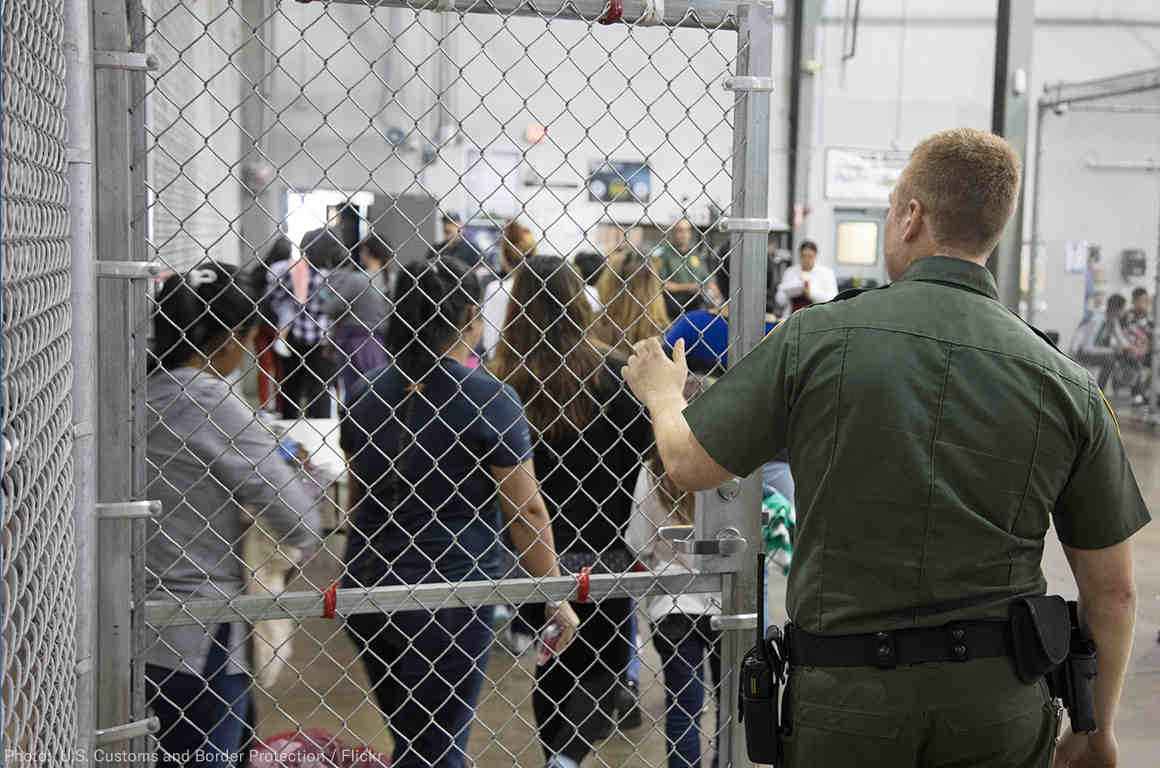Already a subscriber? Make sure to log into your account before viewing this content. You can access your account by hitting the “login” button on the top right corner. Still unable to see the content after signing in? Make sure your card on file is up-to-date.
President-Elect Trump’s incoming border czar has confirmed that he will take up an offer from Texas officials to utilize state-purchased land near the US-Mexico border to construct detention facilities as part of the administration’s mass deportation plan.
Let’s bring you up to speed: Yesterday, Texas Land Commissioner Dawn Buckingham offered President-Elect Donald Trump 1,402 acres of state-owned land in Starr County, located in the Rio Grande Valley near the US-Mexico border. The land, acquired by the Texas General Land Office as part of a larger 355,000-acre purchase, is intended to serve as a site for facilities to process, detain, and coordinate the deportation of undocumented immigrants. Buckingham stressed that the offer demonstrates Texas’ readiness to assist in implementing large-scale deportation efforts.

What’s going on now: During an interview on Fox News, incoming border czar Tom Homan confirmed that the administration would “absolutely” use the Texas land offered for deportation efforts. Homan described how the process would likely work: “They have to be detained for a short time while we get travel documents from their host country. [The] host country has to agree that, ‘yeah, they’re our national’ – we get travel documents. We get flight arrangements, flight agreements. So we’re going to detain them for a little while.”
A warning to ‘sanctuary’ cities: Homan was also asked about the potential challenges posed by sanctuary cities and states that refuse to cooperate with federal immigration enforcement. He dismissed their opposition, warning that such resistance would not impede the administration’s plans. He said, “Sanctuary states said they’re not allowing any detention facilities in their state—fine. Then we’ll arrest them. We’ll fly them out of the state and detain them outside the state, again, away—away from their families, their attorneys. You’re not going to stop us doing what we’re going to do.”
Homan also hinted that numerous sheriffs nationwide are willing to provide detention space in exchange for additional federal funding and grants.
Two different views:
Those in opposition to the deportation plans argue that the initiative would impose significant financial and economic burdens on the country. Critics highlight the enormous costs of constructing detention facilities, mobilizing enforcement operations, and transporting detainees. Additionally, they warn of the economic impact of removing millions of undocumented immigrants who contribute to industries such as agriculture, construction, and service sectors, where labor shortages are already a concern.
Those in support of the deportation plans argue that they are essential for ensuring national security, upholding the rule of law, and protecting American jobs. Supporters claim that undocumented immigrants often strain public resources, including healthcare, education, and social services, without contributing in taxes. They also emphasize the importance of addressing violent crime, claiming that deporting undocumented individuals with criminal records will make communities safer.






